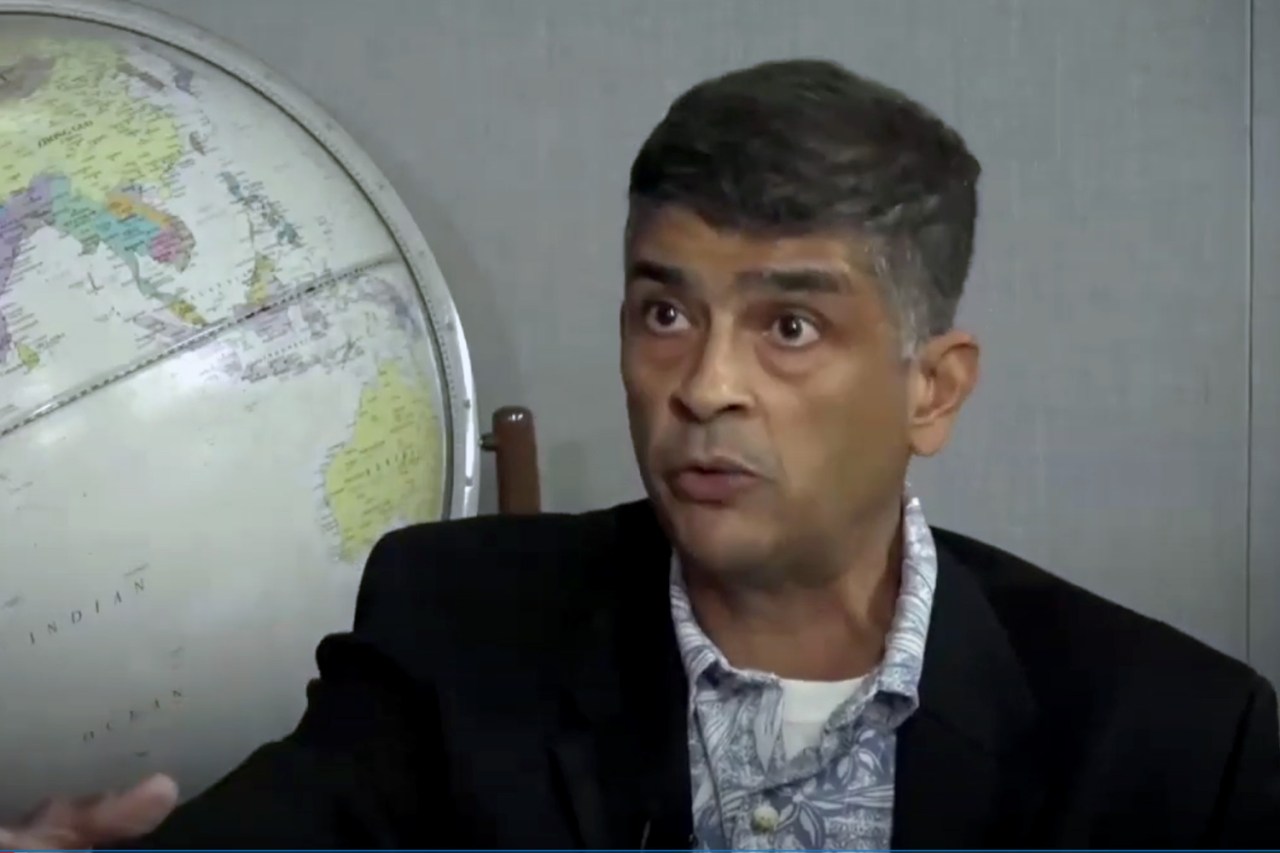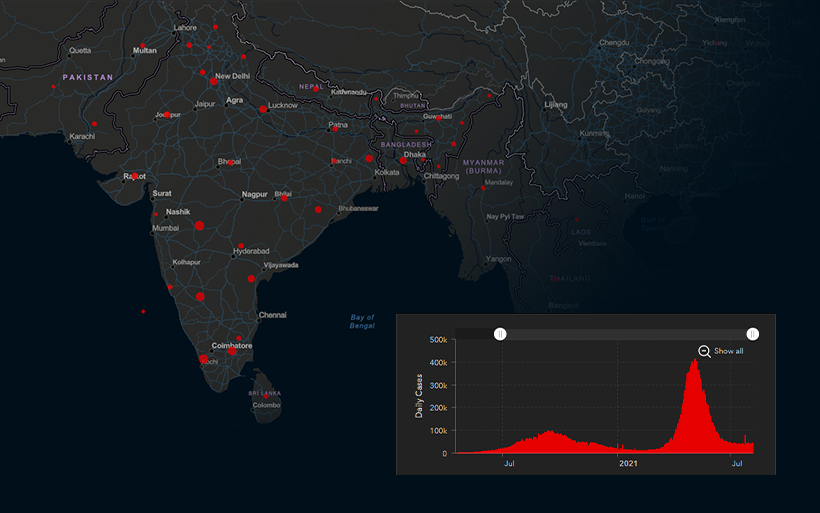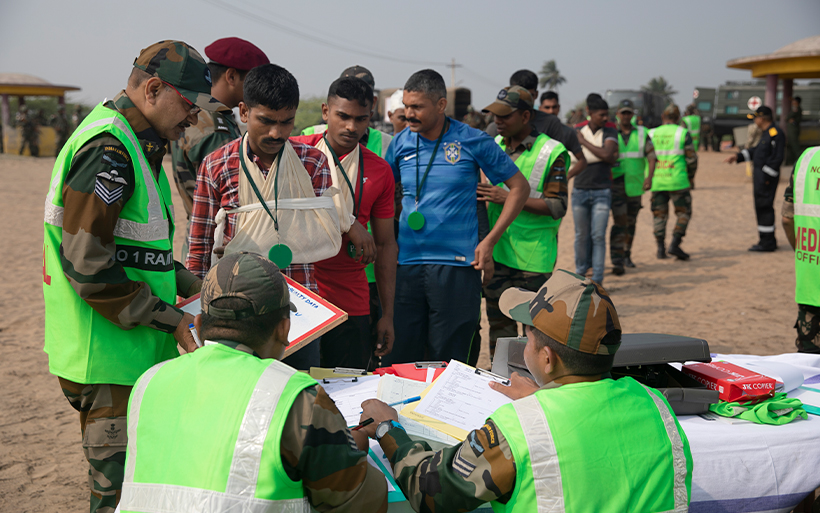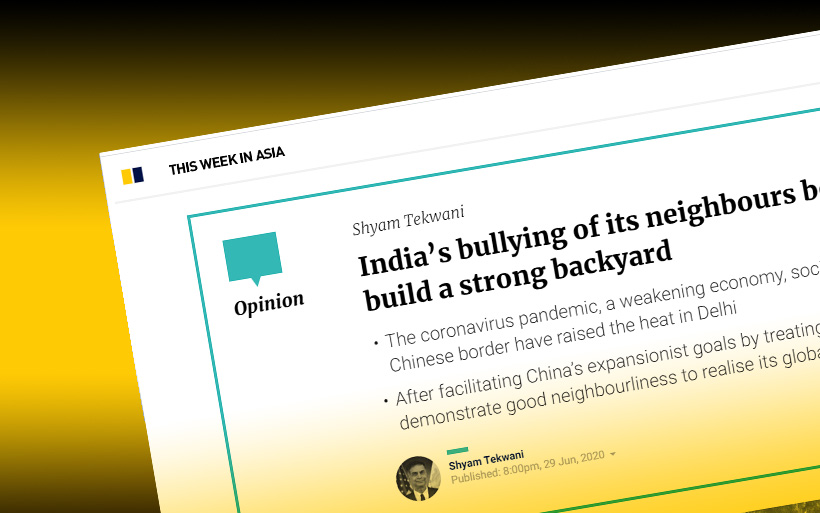Security Nexus Webinar | Episode 21: From Promises to Reality: Analyzing the 2024 Indian Elections
In the latest episode of the Security Nexus Webinar, Dr. Srini Sitaraman provided an insightful analysis of India’s 2024 general elections and their implications for the country’s governance and political landscape. Hosted by retired U.S. Army Colonel and Professor James Minnich from the Daniel K. Inouye Asia-Pacific Center for Security Studies (DKI APCSS), the episode delved into critical issues such as coalition politics, governance challenges, economic promises, and the impact of disinformation.












